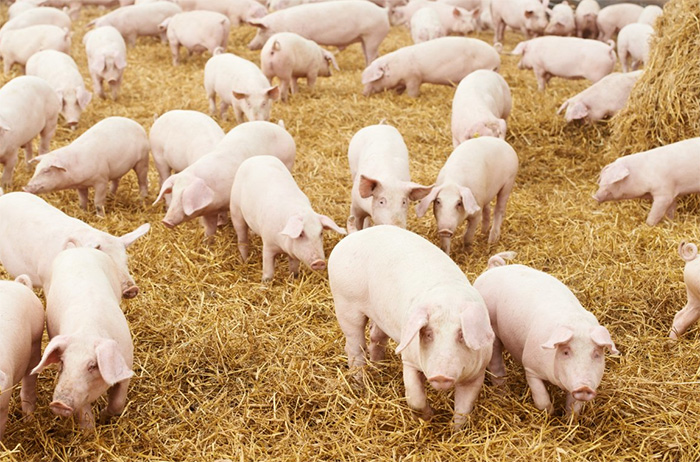
Farmers are advised to undertake a routine worming programme to reduce any significant drops in performance caused by a worm burden.
ABN’s National Pig Specialist, Ian Watson explains that intestinal worm infestations are potentially detrimental to herd health and performance and can affect growth rates and feed efficiency by at least 5%. This is where producers will notice a real knock on effect on their bottom line.
“A 0.1 drop in feed efficiency between 40 to 100kg live weight is equivalent to £1.47 per pig at todays feed prices. Across a herd of just 100 sows, this is significant and equates to a total loss of around £3,380 per annum,” warns Ian.
“The cost of including an in-feed wormer from ABN works out at around £1.25 per sow or £0.11p per finished pig based on a twice yearly worming programme, selling 23 pigs per sow per annum.” He adds.
“This represents a payment back of 13:1 which is not an insignificant return on investment”.
He adds that generally, within an indoor breeding herd, a worming programme focused on ‘cleaning out the sow’ is usually sufficient to manage any potential worm issues across the rest of the herd. “However, outdoor sows may need to be approached differently and for producers buying in weaners, they might also be advised to treat on arrival.”
There are many other considerations associated with worm infestations, points out Ian. “An increased spend on medication is possible. It can also result in more liver condemnations at the abattoir as a result of milk spot caused by migration of the ascaris worm larvae (large round worm).”
In developing a worming programme, designed to suit the individual unit, ABN’s advice to farmers is to work with the unit’s veterinary practice to establish what wormer is best suited. Ian comments that ABN offers two product solutions, so it is possible to build a flexible, personalised ration to help combat the worm burden. “This should form part of an overall whole herd health plan.”
